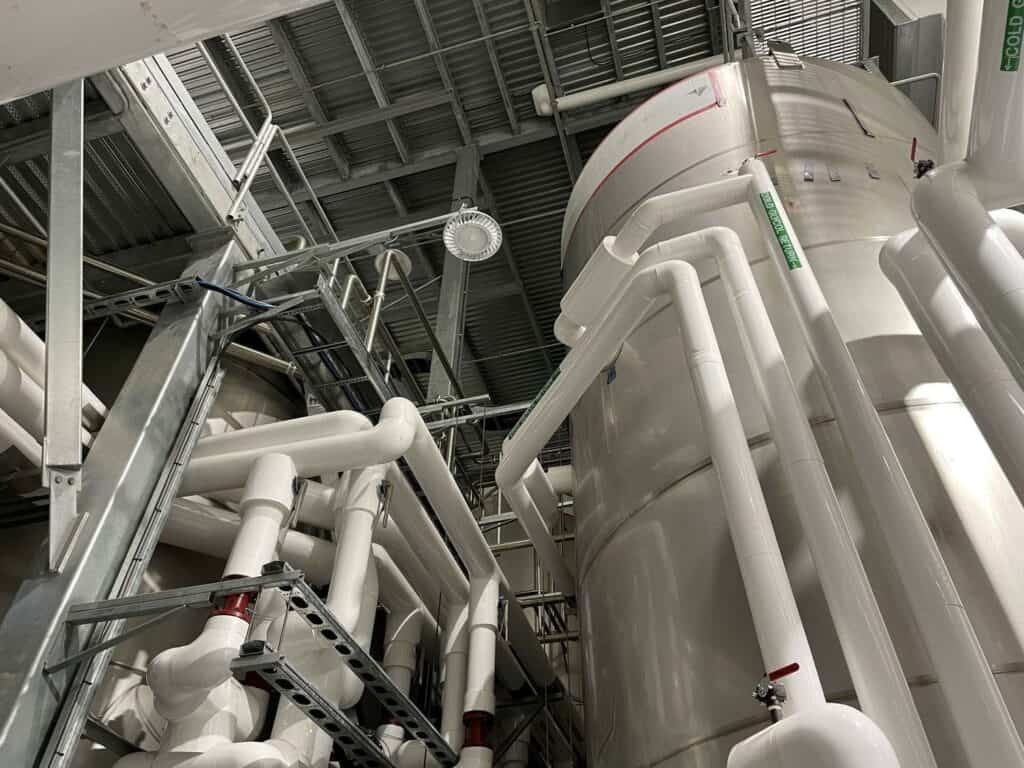Nova Scotia has opened a new bioinnovation facility in Dartmouth that is expected to play a central role in the development of Canada’s bioindustrial sector. The Neptune BioInnovation Centre, a 51,000-square-foot facility, is designed to support large-scale precision fermentation and spray drying, addressing commercial-scale needs in areas such as biotechnology, agriculture, and alternative proteins.
The provincial government has allocated $5 million to convert the facility into a multi-user space equipped with both wet and dry laboratories. The centre is one of only three facilities of its kind globally and the first in Canada to provide this level of biomanufacturing capacity.
Economic projections
According to the province, the centre is projected to generate over 2,400 jobs and contribute approximately $334 million annually to Nova Scotia’s gross domestic product. Estimated outcomes include $175 million in salaries and $74 million in tax revenues.
Beth Mason, director of the Neptune BioInnovation Centre, stated, “This Neptune asset and planned expansion are a game-changer for the N.S. and Canadian biomanufacturing sector, building the largest capacity in Canada. This will ensure companies scale and build commercial plants here, generating a critical domestic green supply chain for Canadian manufacturers to compete here and in Europe.”

Applications for the new centre are expected to span multiple sectors, including functional foods, smart materials, bioplastics, therapeutics, alternative proteins, and green chemicals. These focus areas align with broader trends in bioeconomy development and sustainable manufacturing.
Provincial and national momentum in fermentation
The announcement follows recent public investment in the Verschuren Centre’s fermentation capabilities in Cape Breton, where over $1 million was committed to expanding its infrastructure. The province’s support for bioindustrial development reflects a larger national trend. A recent industry report estimated that Canada’s food biomanufacturing sector could reach a valuation of $18.8 billion by 2050 and support around 125,000 jobs nationwide.
Saskatchewan, for example, previously opened the Advanced Food Ingredients Centre to assist in the development and commercialization of functional food ingredients for international clients.
Colton LeBlanc, Nova Scotia’s minister of growth and development, noted the facility’s potential to drive innovation and attract talent to the region. “The Neptune BioInnovation Centre is not just changing the game for bioinnovation in Nova Scotia, it is creating a whole new one,” he said.






